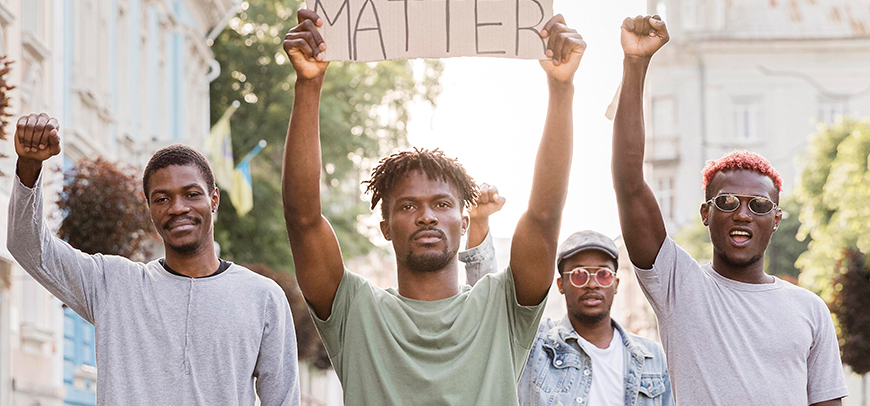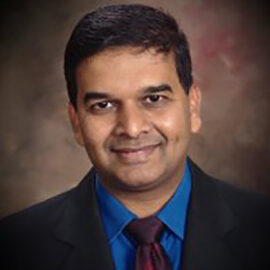
The negative impact of natural disasters and armed conflicts is well-documented and often manifests in post-traumatic stress disorder (PTSD). Recent studies demonstrate that protests and riots have a similar impact on mental health. As a psychiatrist working with people suffering from PTSD and other acuities, I offer the following strategies to help safeguard psychological and physical health in the current climate:
- Limit your consumption of social media and television news to reduce the impact of the protests on your psychological well-being.
- Do not engage in violent acts during protests. Violent protests are responsible for psychiatric issues not only in individuals involved in such actions but also bystanders to such extreme events.
- Avoid arguments with family members and friends – while family support can help to mitigate the adverse effects of collective action on mental health, a significant cause of depression during protests is the occurrence of interpersonal conflicts between family members and friends (or coworkers) regarding the politics of the events. Although a critical reflection of the stances one adopts is essential, individuals would be wise to avoid arguing.
- Seek the company and support of like-minded individuals to avoid conflicts and have productive discussions. Such conversations can also help individuals to cope with traumatic events.
- Limit discussions on political matters to no more than one hour a day and be respectful of the opinions of others.
- Practice mindfulness through kindness and gratitude during this difficult time.
- If possible, pledge to donate something to the most vulnerable individuals in our communities once a week. We are all distressed by repeated events related to racism and police brutality. In addition to these concerns, our community is also affected by long-standing disparities related to healthcare, employment, and the economy. Although legislative changes are essential goals of these protests, small actions at the individual level, such as donating, can also help to make a difference.
- Wear a mask and maintain social distancing during the protests. Close contact with hundreds of protestors raises concerns about spreading the coronavirus infection and a subsequent spike in COVID-19 cases that may lead to a second wave. It is advisable to wear a mask at all times.
- Do not protest at night. Violence has often erupted at night during the curfew hours; protesters should avoid venturing out during this time
- Focus on proper nutrition and exercise during this challenging time. Besides improving physical health, diet and exercise are also useful in coping emotionally with the ongoing stressful events.
In the case of persistent symptoms of depression, anxiety, or PTSD, individuals should seek counseling. In particular, we need to promote awareness of consequences for untreated mental health symptoms in minority communities known to have negative attitudes toward seeking help for mental health problems. It is essential to make sure every individual affected gets the help they need.

